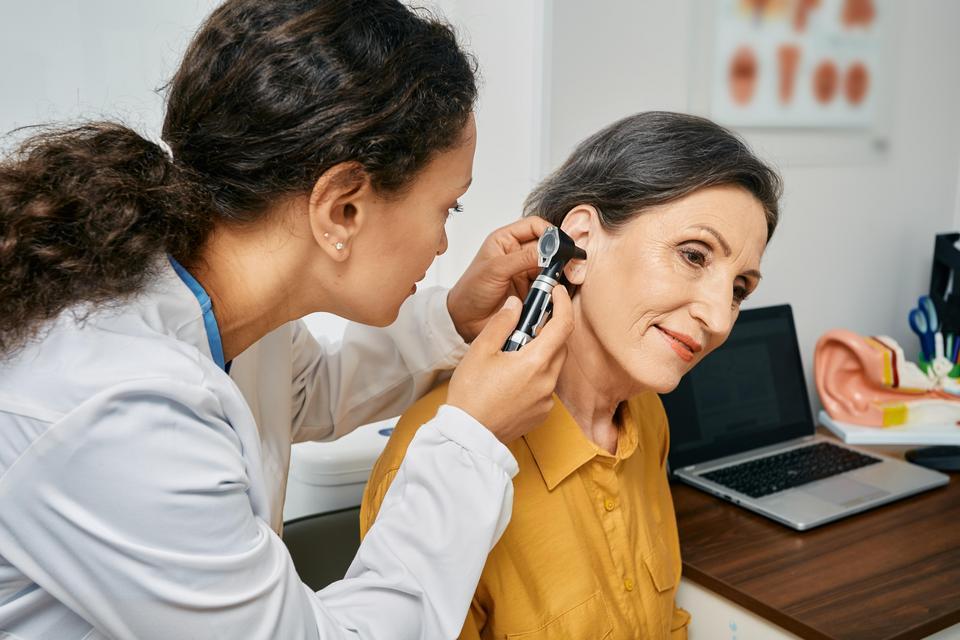Clinical trials are research studies that test new ways to diagnose, treat or prevent disease or manage side effects of existing treatments.
Clinical trials test new treatments, diagnostic approaches or prevention strategies in people, a key differentiator from preclinical studies, such as cell studies or animal studies, that take place in a laboratory. Preclinical studies precede clinical trials and offer evidence that a treatment or technique is likely to be safe and effective in people. The role of a clinical trial is to confirm that with further investigation.
Participation in a clinical trial is completely voluntary. Clinical trials also take place in phases:
- Phase I trials establish a treatment’s safety.
- Phase II trials determine effectiveness.
- Phase III trials study whether the experimental treatment works better than the standard treatment.
What are the Goals of Clinical Trials?
- Determine whether a new treatment works better than the best treatment currently available or whether a new treatment works as well as the standard therapy but with fewer side effects
- Determine whether a new treatment is safe for patients
Successful clinical trials may lead the U.S. Food and Drug Administration to approve a new treatment for use.
How Can Participating in a Clinical Trial Help Me?
By taking part in a clinical trial, you may:
- Gain access to emerging treatments that would not be available to you otherwise
- Improve your quality of life
- Contribute to researchers’ understanding of the disease and, potentially, help future patients with cancer
Learn more about current clinical trials







